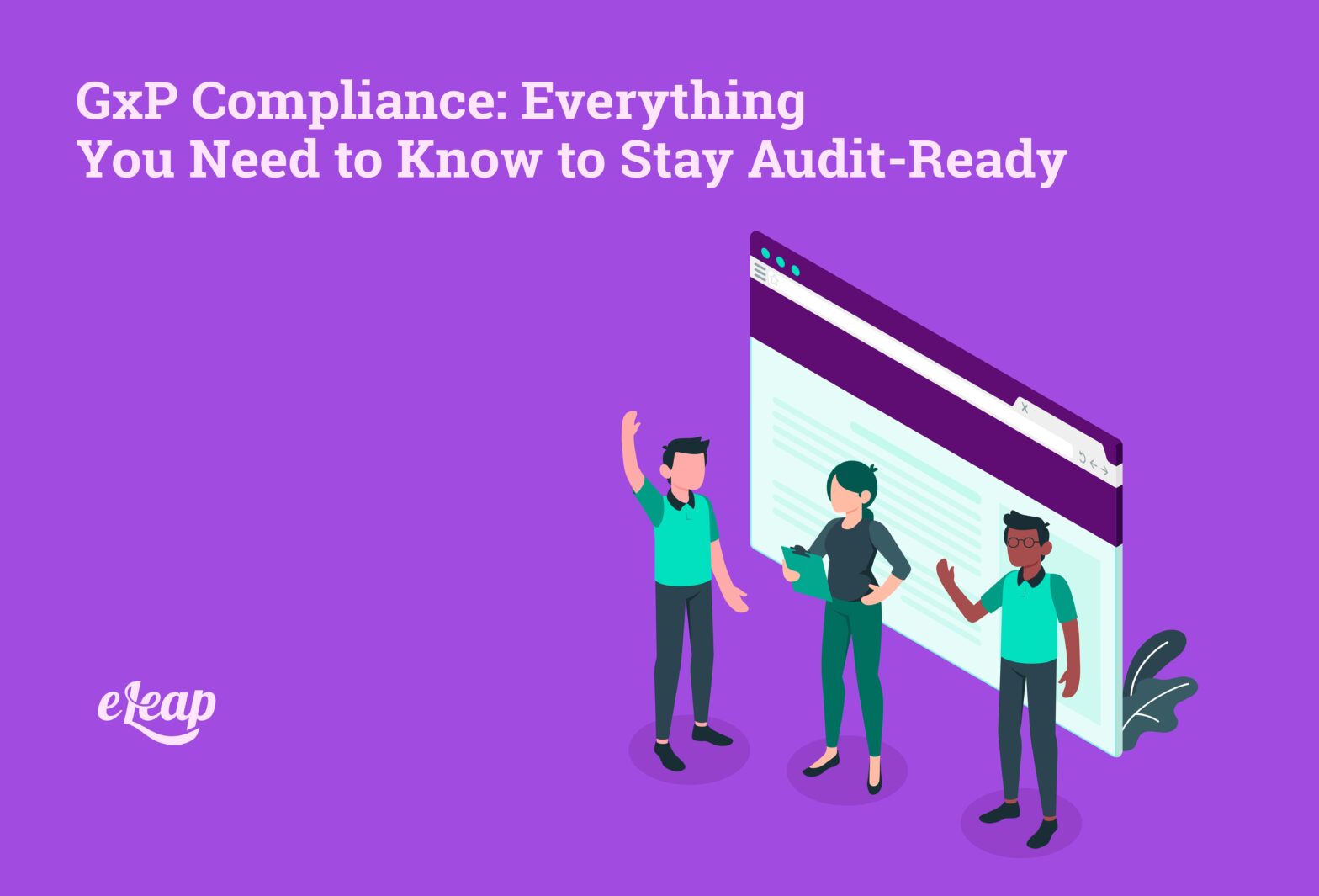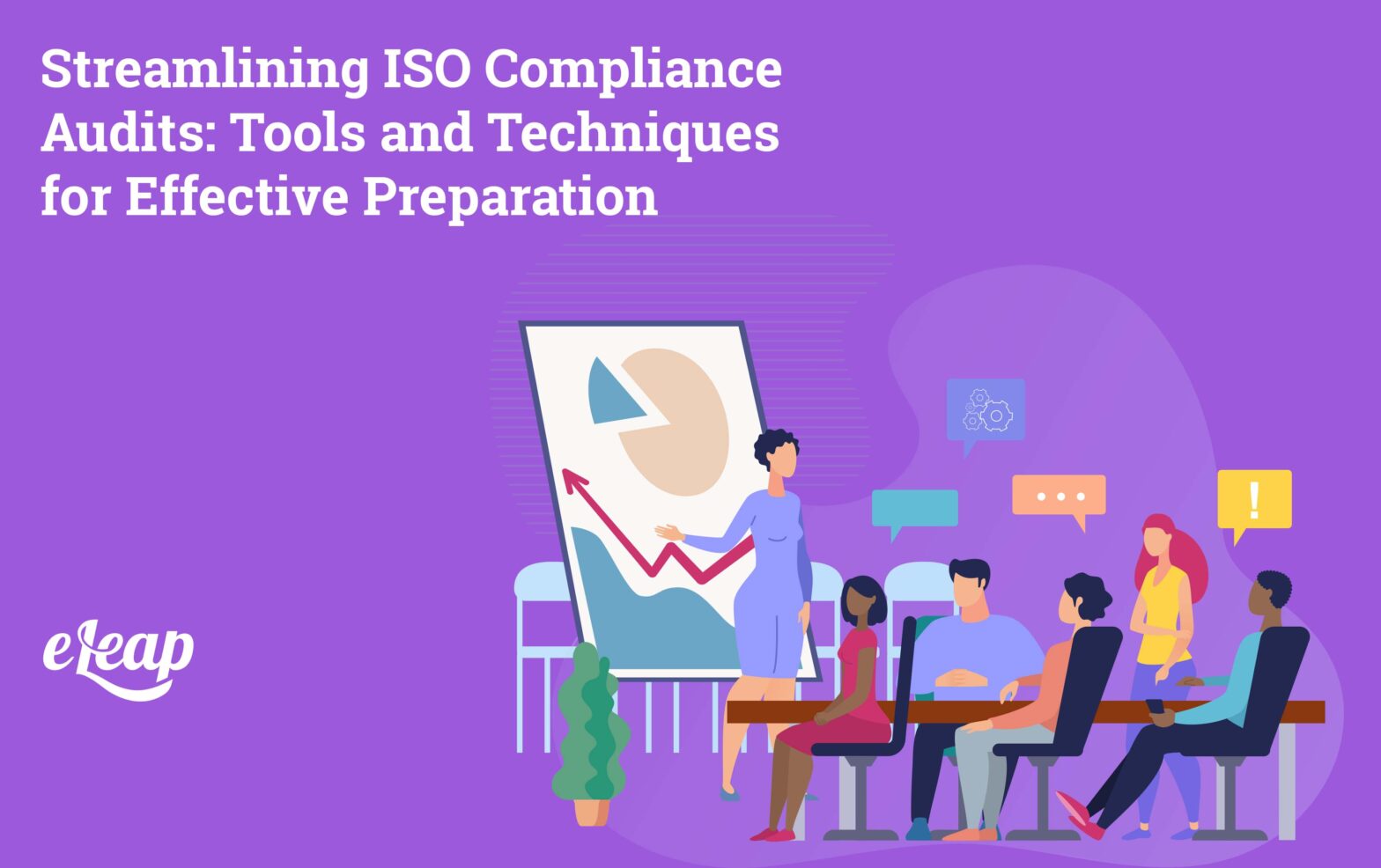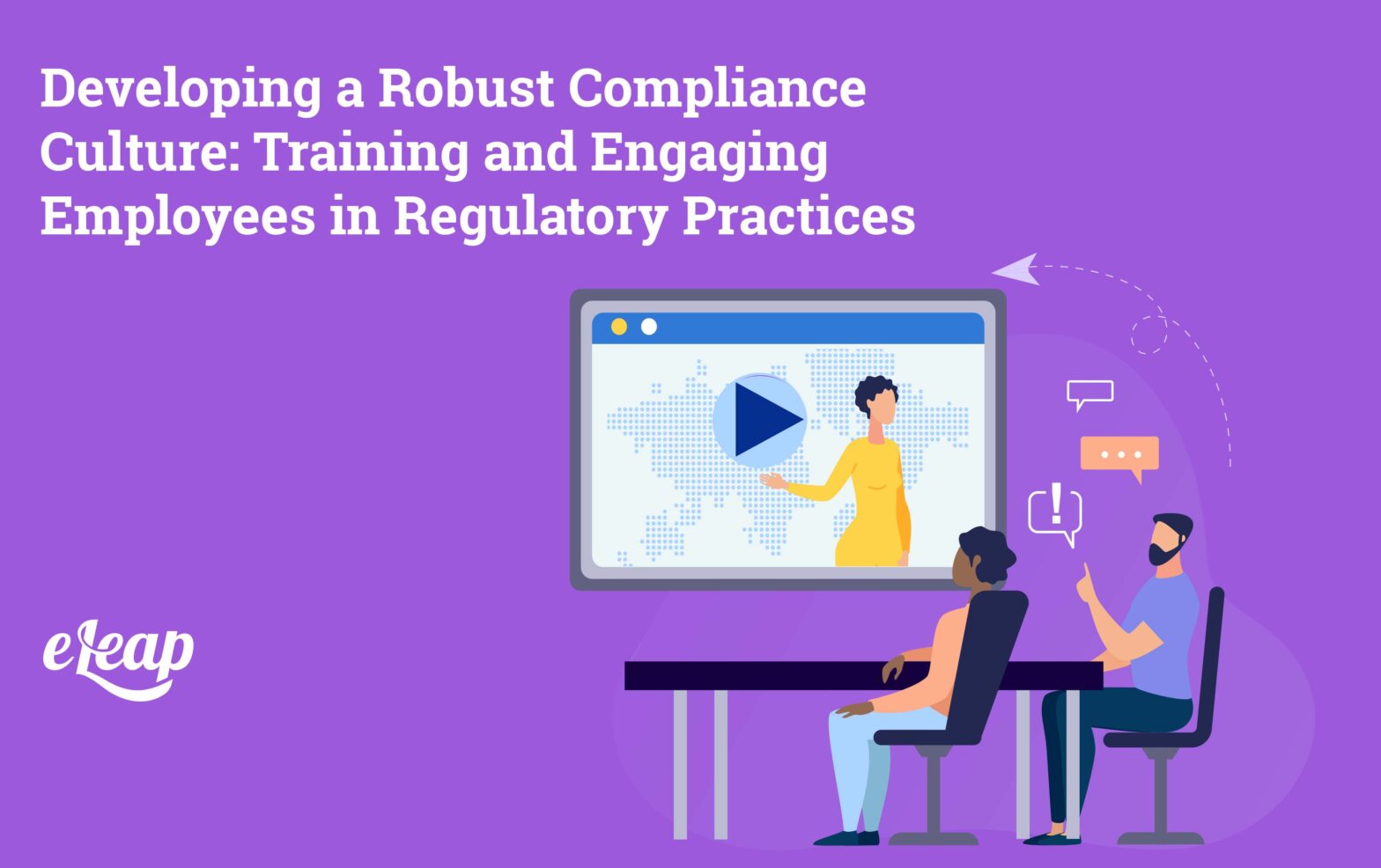Currently browsing "Compliance Culture"
-
GxP Compliance: Everything You Need to Know to Stay Audit-Ready

Regulatory inspections can arrive unannounced, demanding immediate access to documentation, training records, and evidence of systematic compliance. For pharmaceutical manufacturers, clinical research organizations, and medical device companies, maintaining audit-ready GxP compliance isn’t just about meeting regulatory requirements—it’s about protecting product integrity, patient safety, and business continuity. This comprehensive guide reveals the essential elements of GxP […]
-
Exploring Complaint Definitions in Quality Management

In the context of Quality Management, complaint definitions are not just expressions of dissatisfaction but key drivers for process improvements, risk mitigation, and regulatory compliance. Understanding the precise definition of “complaint” in a business or organizational setting is vital for companies aiming to maintain high-quality standards. When properly handled, complaints can transform into valuable feedback […]
-
The Future of QMS Compliance in Life Sciences

Quality Management Systems (QMS) are integral to life sciences companies striving to meet stringent regulatory standards while maintaining product safety, quality, and operational excellence. As regulations evolve and new technologies emerge, businesses must adopt future-proof solutions to stay compliant and competitive. This article will explore the future of QMS compliance in the life sciences sector, […]
-
The Future of Regulatory Compliance in a Digital World

Regulatory compliance is critical to business operations, especially in an era of rapid technological advancement. As industries and organizations increasingly rely on digital tools and platforms, understanding the future of regulatory compliance becomes essential. This article explores how the regulatory compliance landscape is evolving in the digital age, focusing on technological advancements, emerging trends, and […]
-
Streamlining ISO Compliance Audits: Tools and Techniques for Effective Preparation

In manufacturing, businesses must conduct compliance audits to meet regulatory requirements. These audits ensure that companies adhere to regulations while improving efficiency and safety. Among these compliance initiatives, ISO audits are crucial. They help organizations meet industry benchmarks for quality assurance. These assessments identify process gaps, enhance operational efficiency, and build trust among stakeholders. ISO […]
-
Developing a Robust Compliance Culture: Training and Engaging Employees in Regulatory Practices

A strong compliance culture establishes an environment where ethical behavior is the norm. It requires consistent effort from all members to maintain high standards of conduct and communication. Organizations that adhere to their vision, mission, and core values, with senior management leading by example, demonstrate a robust compliance culture. These leaders exhibit appropriate behaviors and […]